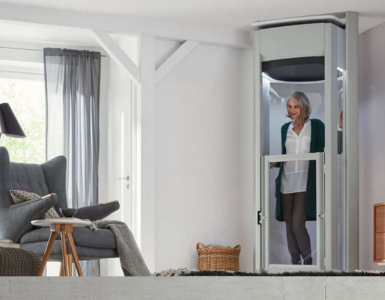The COVID-19 global pandemic has revolutionized people’s approach to life and work. The extra demands can be difficult but flexibility is an option.
What Is Flexible Working
Flexible working means changing your standard pattern of, for example, 9 am to 5 pm, to something else. The same number of hours are undertaken and an equal quantity of work is completed. But, this workload is scheduled over a greater period as agreed between the employee and employer.
Although the global pandemic has cost many people their jobs. Those that are still employed have discovered employers that need to be flexible. Employers have discovered that flexibility can improve productivity.
Why It Has Become Necessary

Flexible working has always been a useful approach for parents trying to balance looking after a home and working full or part-time. However, most employers have been reluctant to encourage flexible working as they believed it was less productive.
In essence, it was a lack of trust in employees to work comprehensively without the supervision affording in the workplace.
However, the pandemic has made it necessary for people to work at home if businesses want to stay afloat. After all, even if staff aren’t as productive, some work is better than none.
While the vaccine program is proceeding admirably, there is still reluctance for many people to return to traditional workplace-based environments. This is especially true for those people at higher risk of catching the virus and suffering severe symptoms.
The good news is that employers are starting to see the benefits of flexible working and are more open to the idea. Considering just 13% of employees want to return to the old ways of working, it is essential that employers find ways to adapt.
All you need to do is find the right way to ask for a flexible schedule.
How Parents Can Ask For It
You can become a work-from-home parent and ask for a flexible schedule. But, before you talk to your boss, you should consider the following.
- What Do You Want?
The first thing you need to decide is what it is you actually want. Would you like to work from home every day, or do you envision just one or two days at home? You may even want to go to the office but feel free to come and go according to other commitments.
You can’t as for flexibility unless you know the details of what you need.
- How You Envision It Working
The next step is to consider how it will work practically. You may have been getting by during the pandemic. But, if you want to do it permanently you will need good lines of communication with the office, potentially dedicated equipment at home, and a way for your employer to track your progress. This gives them the confidence that you are working!
- Why It Is Good For Your Employer
Having worked out the why and how you need to be able to explain why it is beneficial to your employer. This will usually be on the lines of increased productivity, loyalty, and even the ability to take on extra work or more responsibility.
In short, you need to justify your position to your boss.
- Have A Back-Up Plan
Your boss may agree to your plan. This is quite likely if you have worked out a reasonable flexible working schedule. That includes allowing for what your employer needs from you.
But, it doesn’t hurt to consider a backup plan. This gives you a fallback position to which your employer will find it hard to say no.
Talking To Your Employer

Now that you have worked out the details and why it is good for you and your employer, you need to speak to them. Don’t spring this on them. Request a meeting with your boss and tell them you want to request a flexible working schedule.
You don’t need to give them the detail at this stage, save that for the meeting.
During the meeting remain polite and courteous, employers are starting to accept that flexible working is a valid part of the employment process. If you are persistent you will get the right to continue your flexible work after the pandemic.












